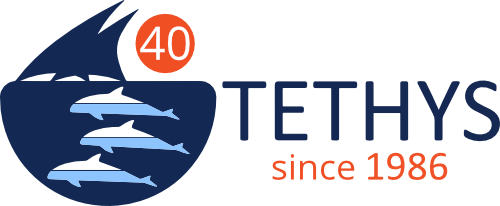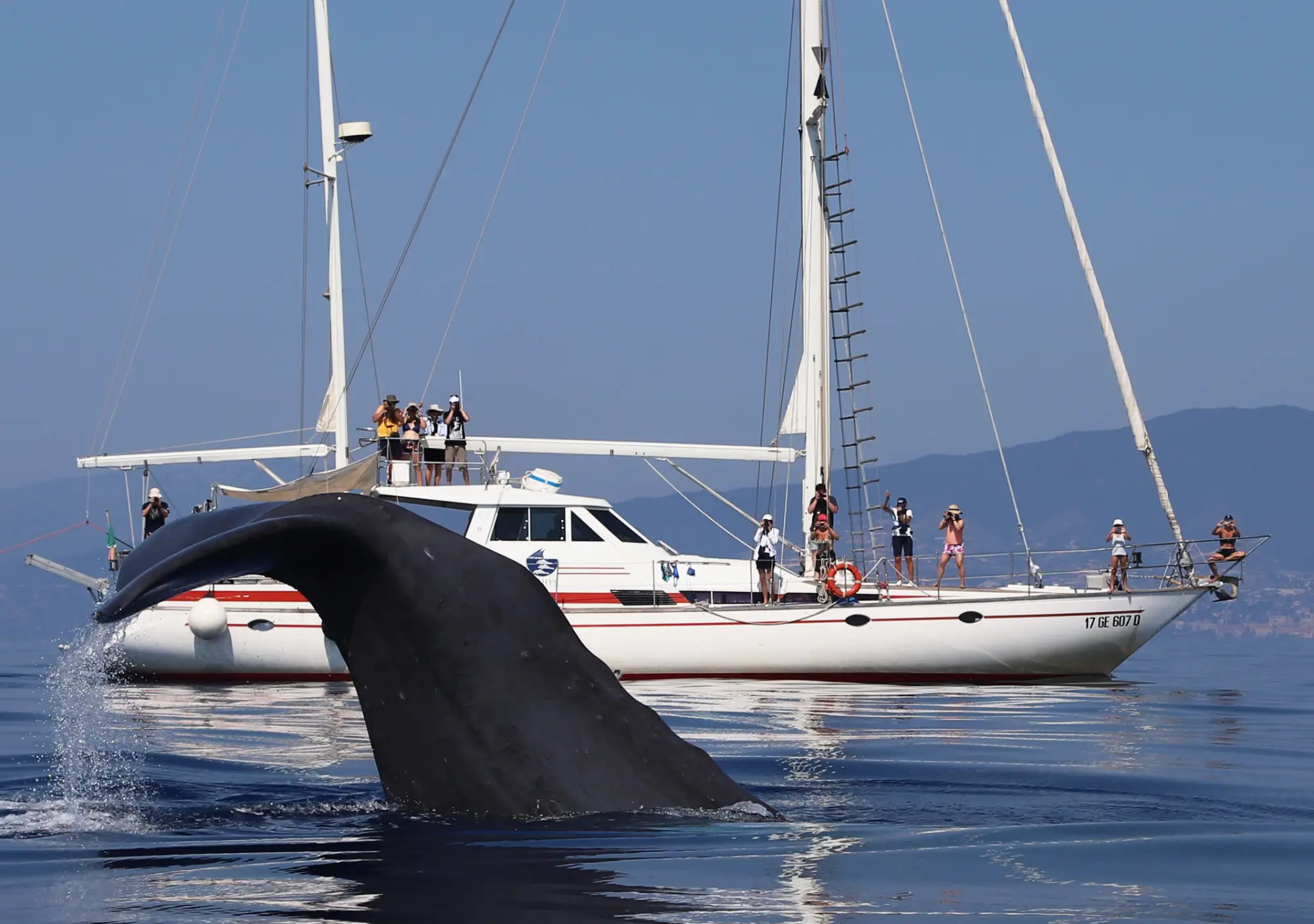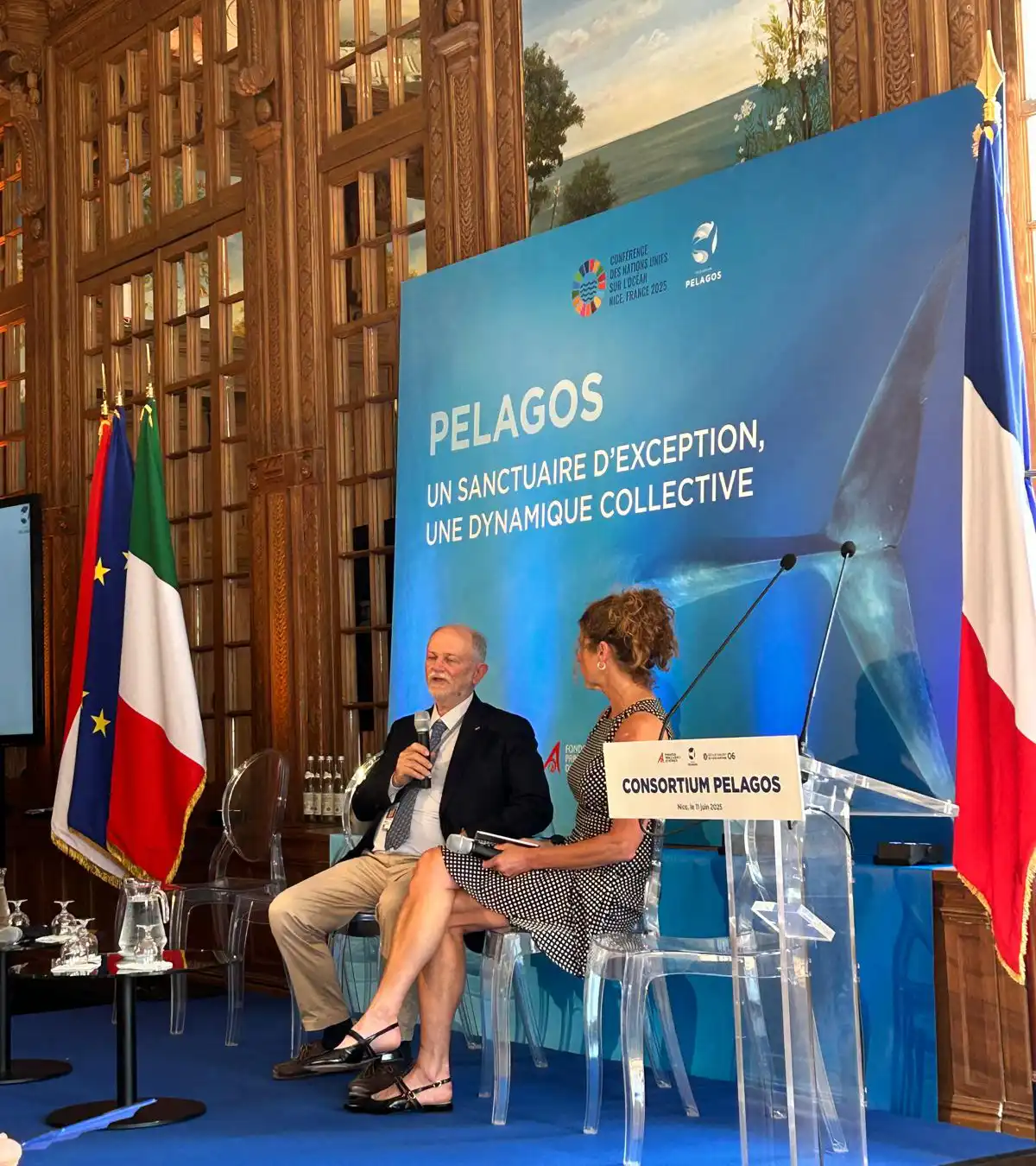Foundation
Mission and History
Founded in 1986 by Giuseppe Notarbartolo di Sciara and Egidio Gavazzi and based at the Civic Aquarium of Milan, Italy, the Tethys Research Institute is dedicated to the conservation of the marine environment through science-based policy support, participation in international conservation efforts, and public awareness.
While research is primarily conducted in the Mediterranean Sea, it has also been carried out in other key areas of the world. Investigations have also extended, in addition to cetaceans and monk seals, to devil rays and marine turtles.
Tethys has produced one of the most extensive datasets on Mediterranean cetaceans, and has published its findings in hundreds of scientific papers.
In 1991, the Institute proposed the creation of a protected area comprised between the Tuscan, Ligurian and northern Sardinian coasts of Italy, and southern France, to protect marine mammals from threats deriving from human activities, most notably pelagic driftnet fishing. “Project Pelagos”, funded by the Rotary Club, was presented in Monaco in March 1991 and was endorsed by the Prince of Monaco. France and Italy also supported the idea, and an Agreement on the establishment of a Pelagos Sanctuary for Mediterranean Marine Mammals—the world’s first marine protected area beyond national jurisdiction- was signed in Rome in November 1999.
Tethys also plays a key role in public engagement, both through media outreach and by involving thousands of citizen science volunteers in its field research since 1987—one of the longest-running programs of its kind.
The Institute’s work is supported by public and private funding, including government and EU grants, individual donors, and volunteer contributions.
Tethys operates through a network of around 30 collaborators.
Over the years, Tethys has contributed to regional and international conservation efforts through collaborations with bodies such as:
- Convention on Biological Diversity (CBD),
- Convention on Migratory Species (CMS),
- Barcelona Convention for the Protection of the Mediterranean Sea,
- Agreement on the Conservation of Cetaceans in the Black Sea, Mediterranean Sea and Contiguous Atlantic Area (ACCOBAMS),
- International Union for the Conservation of Nature (IUCN),
- International Whaling Commission (IWC)


